SUMMARY
This is AI generated summarization, which may have errors. For context, always refer to the full article.
I’m ashamed to admit that I’m a pretty lousy listener. And this didn’t just start when I met my over-loquacious husband. I’ve always been this way. I pretend to listen, but I zone out. Think about other things. Say “Mmm-hmmm” every so often just to keep up the façade and then drive people crazy by saying, “You never told me!” later on. It’s without doubt one of my worst faults.
Everyone talks about communication as the key to successful relationships. The thing is, what we think of as communication is usually just expression—being able to say what we feel, or get a message across. Expression is only half of the communication process. The other half is listening and understanding what others communicate to us. And that is, indeed, the more difficult part.
Listening is a skill, and one that gets more and more difficult to master the older you get (or the smarter you think you’ve become). With the development of any skill, the first step to improvement is to have a good understanding of what you can do—or stop doing—in order to get better.
Here are some of the most common types of bad listeners. If you’re anything like me, you’ll begin to giggle sheepishly the minute you recognize yourself. And then frown when you realize you’re more than just one type.
(Please note: I did not make up these classifications. I discovered them elsewhere ages ago, and took notes, but for the life of me I cannot remember where I got them (old age + poor listening skills, no doubt). If you know the original source, please mention it in the comments so I can properly acknowledge.)
1. The Daydreamer
You pretend to listen but really tune the other person out. Instead of concentrating on the speaker, you switch your mental remote to a more entertaining program.
2. The Judge
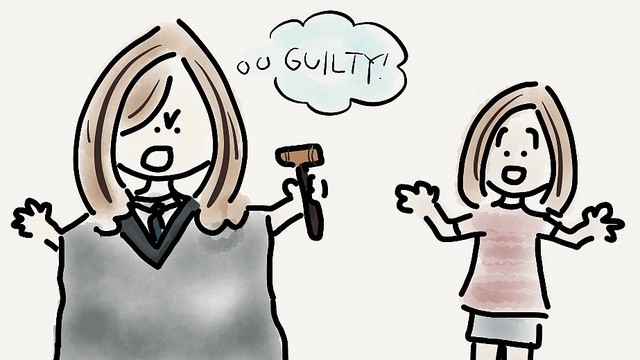
You don’t pay attention because you’ve already pre-judged the speaker as wrong (or stupid, or incompetent or just not worth hearing out).
3. The Egocentric
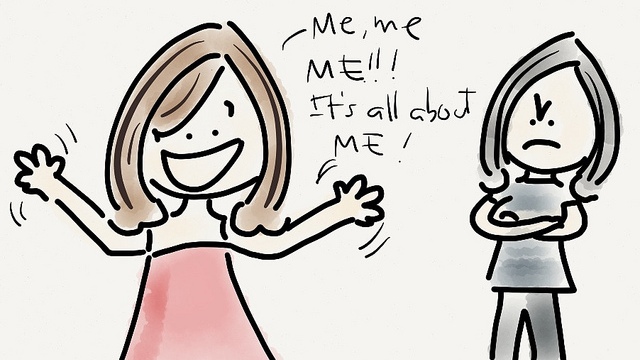
Anything anyone says finds its way back to you, you, you. You take everything people tell you and refer it back to your own experience. You often launch into your related story before they can even finish theirs.
4. The Problem Solver
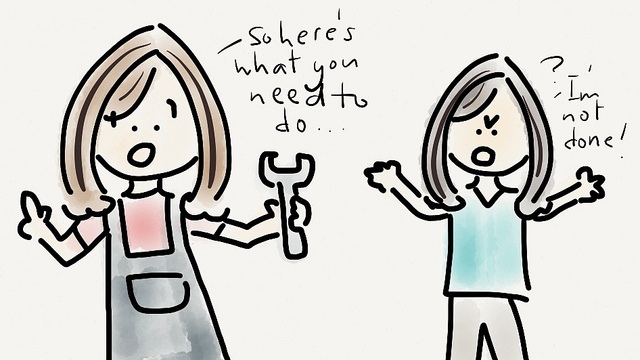
You start thinking of solutions to people’s problems and telling them how to solve them before they even finish what they’re saying. It doesn’t occur to you that sometimes people aren’t asking you to fix their problems. They just want a sympathetic ear.
5. The Heckler
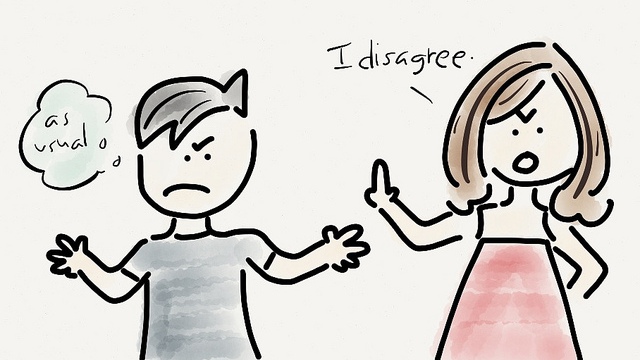
You disagree with just about everything. No matter what anyone says, you always have to find some loophole, spout a snarky comment or come up with an opposing point of view, just for the sake of argument.
6. Mr. Right
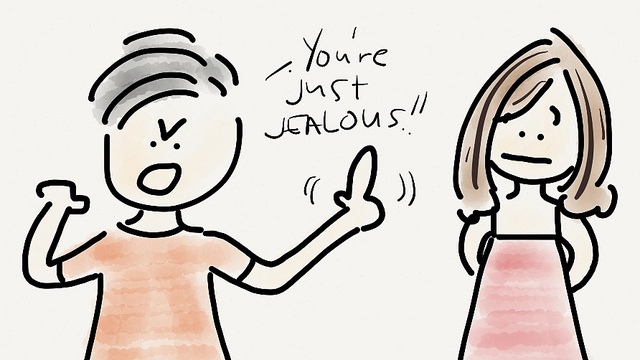
You react violently to criticism and correction, and go to great lengths (pointing fingers, raising your voice, twisting facts, making excuses or accusations, calling up others’ past crimes) to avoid being pegged as wrong or guilty.
7. The Derailer
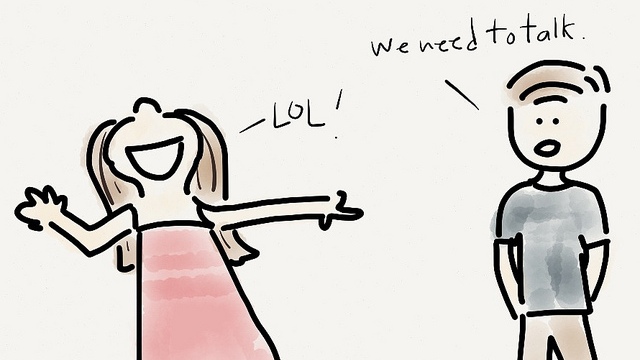
You change the topic or derail the train of conversation when you‘re uncomfortable or bored with what’s being said. (Note: Making jokes is the most common form of derailing.)
8. The Teacher’s Pet

You agree with everything, and nod your head supportively because you want people to like you, or don’t want to cause a fuss. You don’t really bother to really think about or analyze what’s being said.
9. The Lawyer
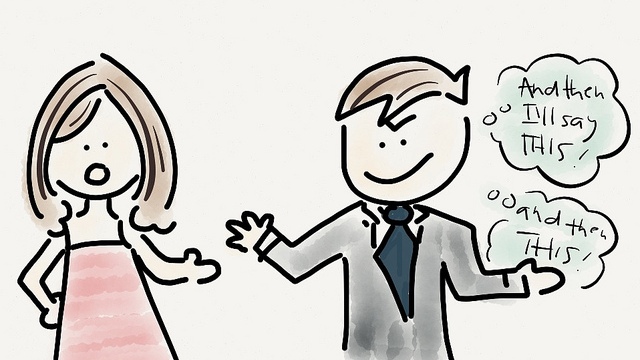
You don’t listen because you’re too busy planning and preparing your response. You look interested, but your mind is elsewhere because you’re thinking about what to say next.
10. The Filter
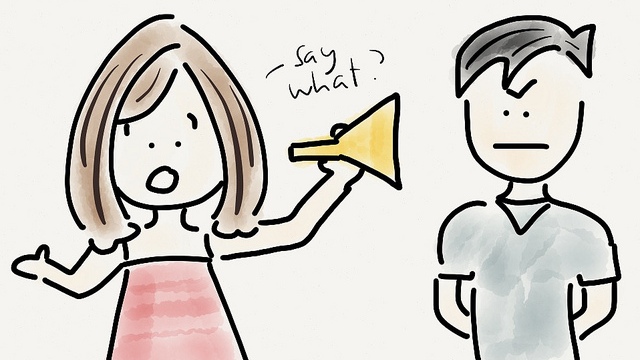
You hear only what you want to hear, and conveniently screen out everything else.
Did you find yourself? That’s just the first step. The next one is to change… and that will take considerably more time. But it’s worth it.
Once you’re willing to stop talking or thinking, and begin truly listening, you’ll find all your interactions become easier. Listening (really listening) to others can be the most fundamental and powerful communication tool of all. – Rappler.com
This post originally appeared in Chinie’s (now defunct) blog, The Desktop Diva and DivineCaroline.com.
Add a comment
How does this make you feel?
There are no comments yet. Add your comment to start the conversation.